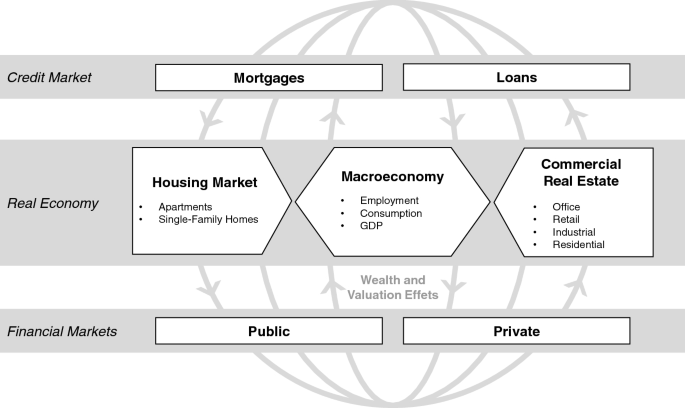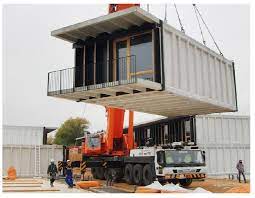The Role of Real Estate in Supporting Small Businesses and Local Economies

Real estate plays an important role in supporting small businesses and local economies in a number of ways.
Firstly, small businesses often rely on affordable commercial space to operate. Real estate developers can help support small businesses by creating affordable and flexible spaces for lease, which allows entrepreneurs to start and grow their businesses without being burdened by high rent costs.
Secondly, real estate development can help stimulate local economies by attracting new businesses and creating jobs. When a new commercial building is built or an existing one is renovated, it can attract new businesses to the area, which in turn creates jobs and increases economic activity.
Thirdly, real estate can play a role in community development by creating mixed-use spaces that combine residential and commercial uses. These types of developments can help revitalize urban areas by creating walkable communities with a mix of amenities, including restaurants, shops, and housing.
Finally, real estate can also support small businesses by providing opportunities for entrepreneurs to invest in property and build equity over time. This can be particularly important in areas where property values are increasing, as small business owners may be able to leverage the value of their property to secure financing for expansion or other business needs.
Overall, the role of real estate in supporting small businesses and local economies is significant and should not be overlooked. By creating affordable commercial spaces, stimulating local economies, supporting community development, and providing opportunities for entrepreneurs to build equity, real estate can be a powerful tool for promoting economic growth and prosperity.
In addition to the aforementioned benefits, real estate can also provide a sense of stability and permanence to small businesses. Owning or leasing a physical space can give entrepreneurs a sense of ownership and a base from which to build their businesses.
Furthermore, real estate development can help address issues of blight and disinvestment in underserved communities. By investing in and developing commercial properties in these areas, real estate developers can help spur economic development and bring much-needed goods and services to the community.
It is also worth noting that real estate can play a key role in supporting local food systems and promoting sustainable agriculture. By providing land for small farms and community gardens, real estate can help support local food production and distribution, which can in turn create jobs and promote food security.
Despite these benefits, there are also challenges associated with real estate development and its impact on small businesses and local economies. For example, some argue that new development can lead to gentrification and displacement of low-income residents and small businesses. Others argue that real estate development can create an over-reliance on the real estate industry for economic growth, which can be risky in the long run.
Overall, the role of real estate in supporting small businesses and local economies is complex and multifaceted. While there are certainly challenges and risks associated with real estate development, when done responsibly and with an eye toward supporting local communities, real estate can be a powerful tool for promoting economic growth and vitality.



